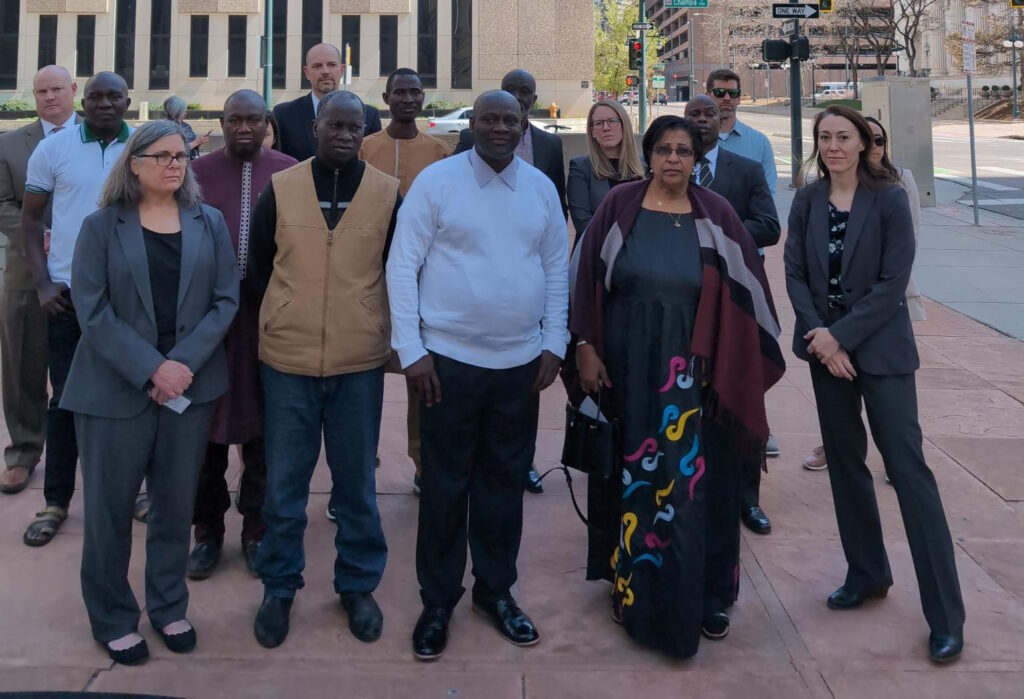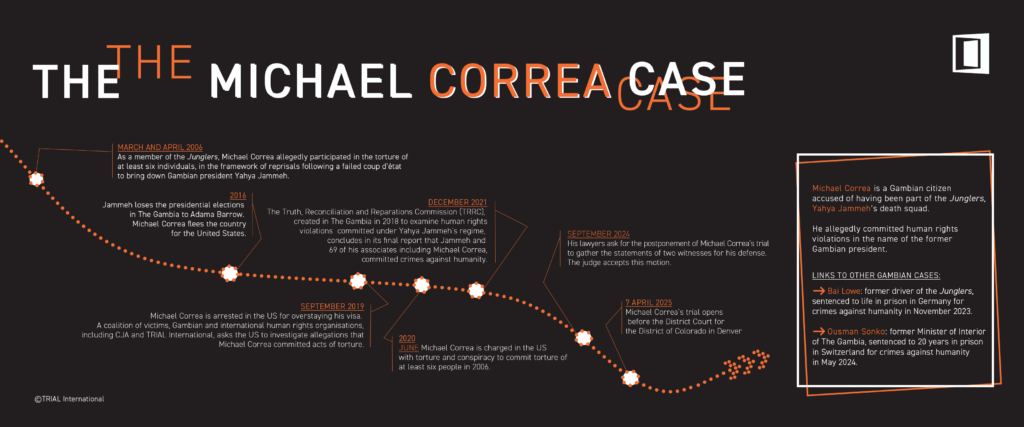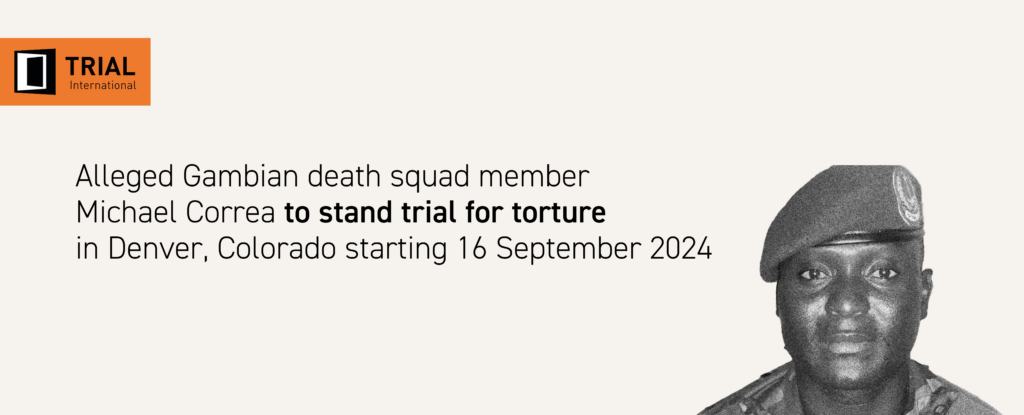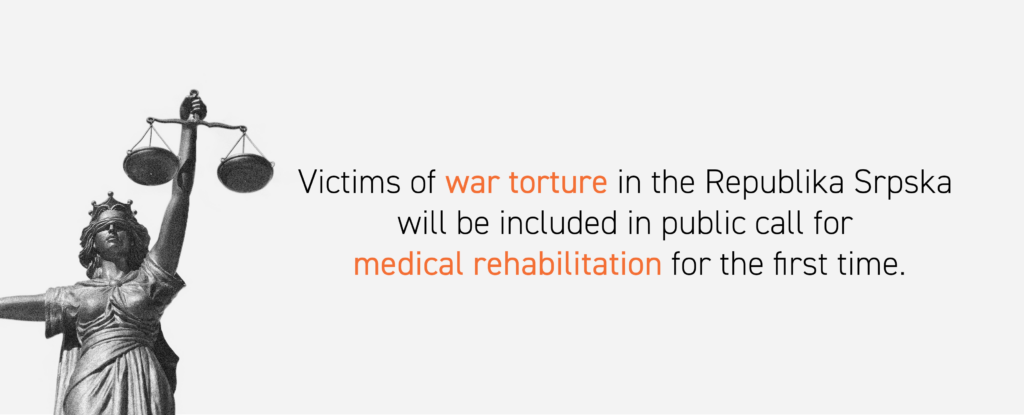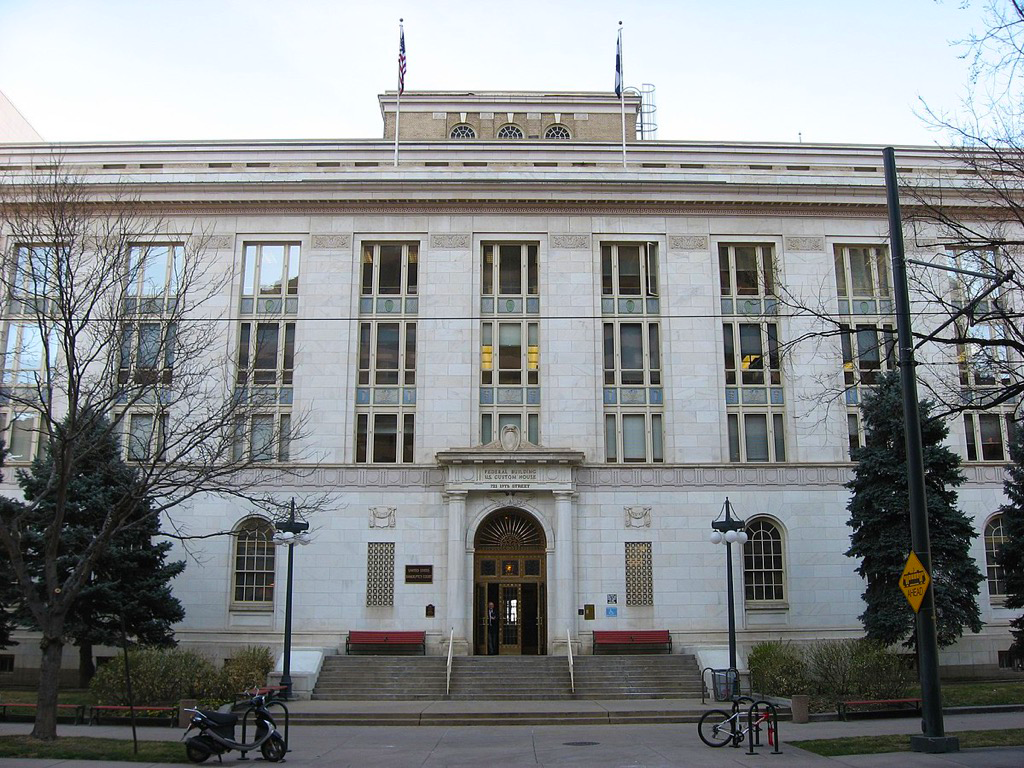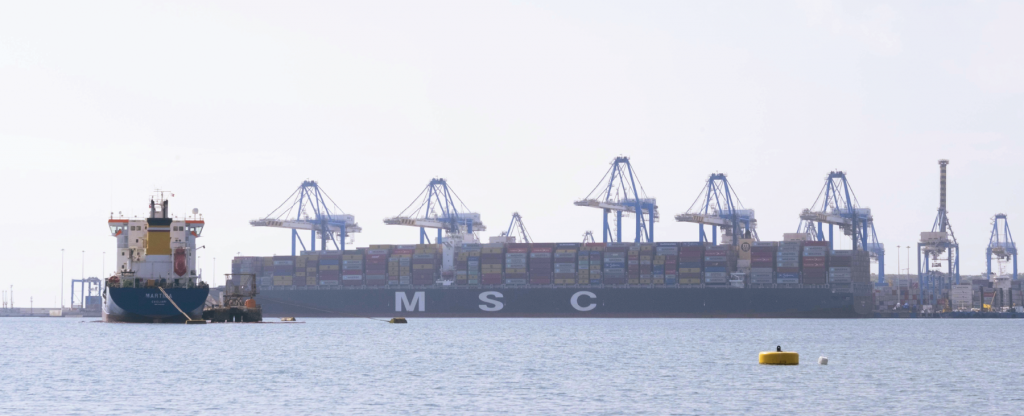Torture in DRC prisons: ending the conspiracy of silence?
A historic verdict in the Democratic Republic of Congo (DRC) highlighted a widespread practice: the use of torture in prison, especially against activists. A reality that is all the more shocking since it is prohibited since 2011. The law was rarely applied … until this verdict.
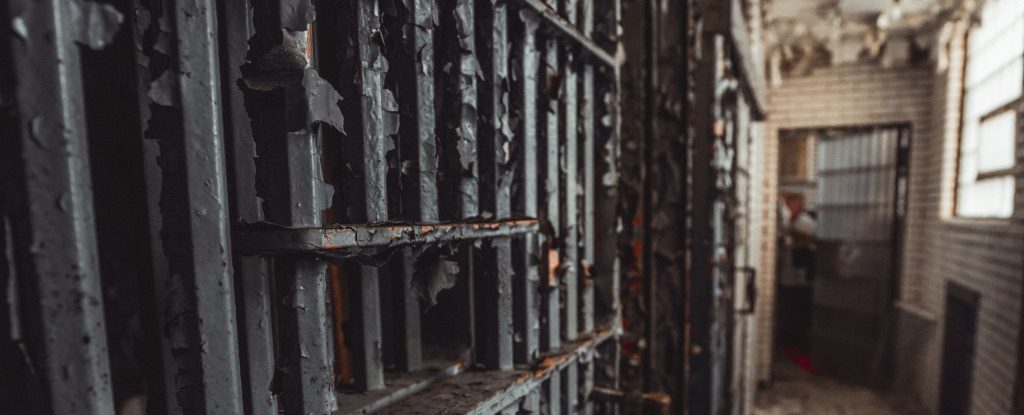 Too often, activists and political dissidents are punished for their opinions © Pexel
Too often, activists and political dissidents are punished for their opinions © Pexel
On 21 August 2019, the Military Court of Bukavu gave its decision in a case TRIAL International had worked on for two years. It is one of the first cases in the DRC where judges have sentenced police officers for crimes of torture committed in detention.
They received sentences of 2,5 year and 15 months respectively – sentences that TRIAL International considers to be far too lenient. They also have been ordered to pay compensation, in solidarity with the Congolese state, of 5’000 USD to the victim, Emmanuel Kabuka.
M. Kabuka is a human rights activist. As a member of the NGO Héritiers de la Justice (Heirs of Justice), he denounces abuse at the hand of state agents. Mr. Kabuka was arrested in February 2017, when he opposed the arbitrary arrest of two women from his village. The police put him in jail in their place.
Human rights defenders are targets
In detention and out of sight, Mr. Kabuka was tortured. The police beat him, with their fists and with an iron club.
Torture in prison is not an exceptional situation in the DRC. The World Organization against Torture has even described it as an “open secret”. Several other NGOs, including Freedom from Torture, also noted that it was often used “to punish (activities) political activism and human rights, but also to discourage any future action”.
The law had remained an empty rhetoric
Acts of torture are all the more serious since a law criminalizing torture was passed in 2011. Hailed as a positive step, it finally made Congolese law compliant to international human rights protection standards.
However, this law did not have the desired effect. Due to its ineffective dissemination, judges seldom made use of it. That is why the verdict in the Kabuka case is a major step forward: it creates a legal precedent on which other judges can now rely.
“This case demonstrates the importance of training and informing local judiciary actors,” said Daniele Perissi, Head of the Great Lakes Program at TRIAL International. “A law can be perfectly written, it will be useless for the victims if it is not known about and applied correctly. ”
Learn more about building capacity in the Great Lakes

